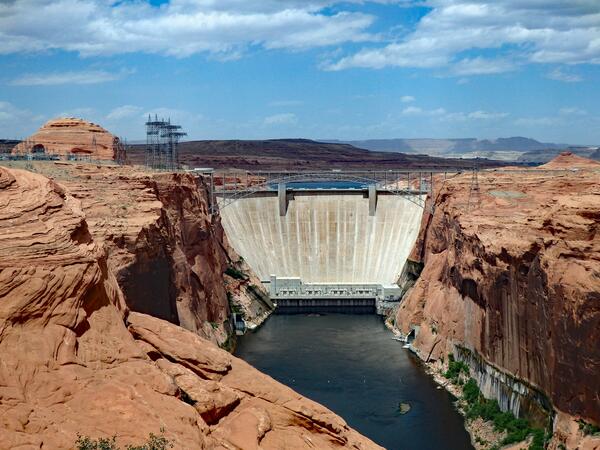
Battle Over Colorado River Water Ends In A Draw
“This is the second time the Bureau of Reclamation has given us a deadline without a consequence,” Rhett Larson, a professor of water law at Arizona State University told The Guardian. “A deadline without a consequence is just a date.”

Feds "cannot delay action" on Colorado River

Arizona faces major Colorado River water cuts as deadline passes
“Every city is in a different state of preparedness for what’s to come,” said Sarah Porter, director of the Kyl Center for Water Policy at Arizona State University.
“The biggest risk for Arizona is that the people from Phoenix to Tucson who use Colorado River water. They get their water from the Central Arizona Project canal. Those users are junior in priority to other users in the lower basin,” Porter said.

Will rapid data center growth help Arizona? Examining the pros and cons
It’s tough to estimate how much water data centers use for cooling, said Sarah Porter, director of ASU’s Kyl Center for Water Policy. But power generation for all users — not just data centers — makes up 3% of the state’s water demand.
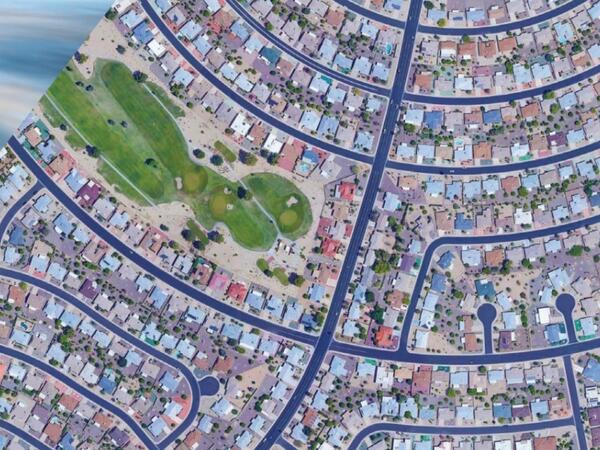
No deal: Colorado River states wave white flag ahead of Trump admin deadline
“This is unprecedented,” said Sarah Porter, director of the Kyl Center for Water Policy at Arizona State University. “For all these years, the states have been able to reach consensus, and they simply haven’t been able to come up with an agreement that they could all sign on to.”
Community Input Sought for Arizona Groundwater Study
The City of Kingman and Mohave County, in partnership with Arizona State University, are encouraging residents to participate in a newly launched groundwater survey focused on understanding rural groundwater concerns across Arizona. The survey is part of a statewide effort led by Arizona State University to gather community input that will help identify gaps in how rural areas address groundwater issues.
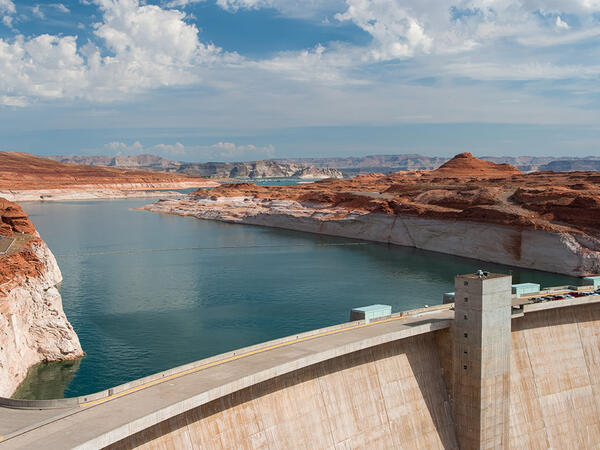
Colo. River states miss deadline; No deal even as river forecasts worsen
Those alarming forecasts will increase pressure on the basin states and the federal government to come up with some way to reduce water use to prevent the lake from falling that low. The officials have all expressed hope of reaching agreement on new operating guidelines for the river and its reservoirs to take effect in 2027, after the current guidelines expire later this year.
But the lack of agreement between the Colorado River's Upper and Lower basins clearly increases the risks of litigation, something state officials have said they've very much wanted to avoid, said Sarah Porter, a top Arizona State University water researcher.
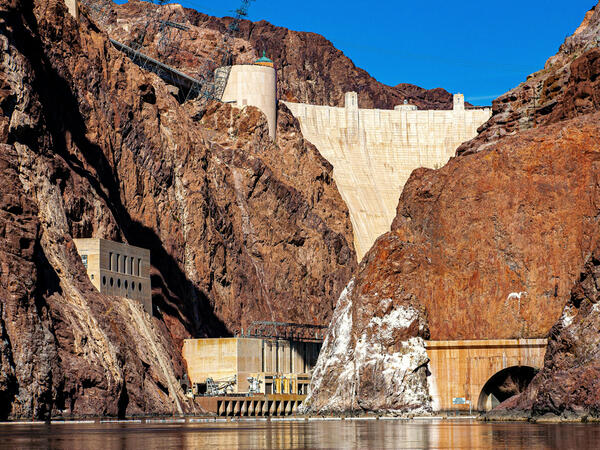
Western states are barreling toward a showdown over a shrinking Colorado River
“The big stumbling block is the refusal of the upper basin to participate in cuts,” stated Sarah Porter, director of the Kyl Center for Water Policy at Arizona State University. “I don’t see an agreement happening unless there is movement off that position.”
“All the cuts hurt, but the cuts to Arizona hurt the most,” Porter stated. “It’s simple logic; if the deal that’s being offered doesn’t get you to a place that’s better than going to court, then you’re not going to take the deal.”
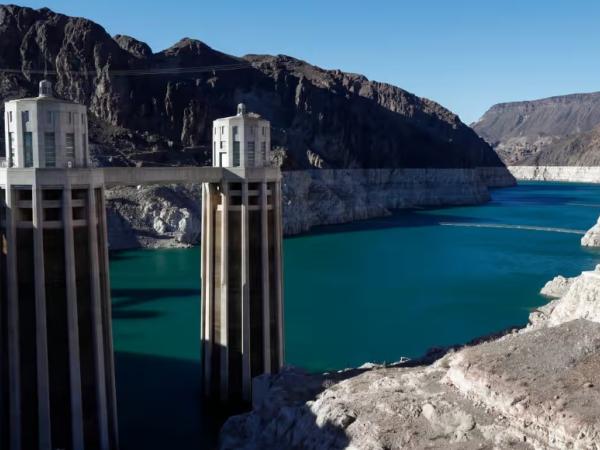
Showdown in the American west as Colorado River faces crucial deadline: ‘Mother nature isn’t going to bail us out’
Rhett Larson, a professor of water law at Arizona State University, agreed that there’s a good chance this will end in the courts.
Larson also serves as council for the Arizona Municipal Water Users Association, representing 10 of the large central Arizona cities. They face enormous cuts under the federal proposals, plans he said have “fatal flaws”.

Figure It Out…Or Else: Feds to Colorado River States
"We’re at a point where we have to make some serious long-term adjustment of expectations. In other words, people need to agree to take a lot less water than they've been counting on. And that is always really hard when water is scarce," said Sarah Porter, director of the Kyl Center for Water Policy.